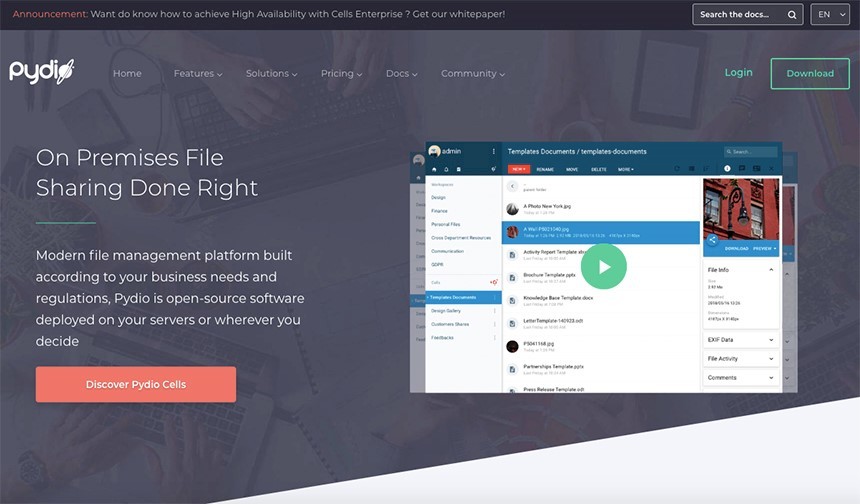

Summary: If you’re able to iron out or avoid the issues with UpnP, Syncthing is a very strong contender to replace Dropbox. I did eventually have it working with UpnP after changing out the router with another one. I’ve read that this could be the result of a timeout issue or perhaps the router doesn’t know what to do with the discovery service. What I didn’t like: Despite Syncthing providing options for UpnP, I’ve never had much success with it. I also love the ssh support in case you’re needing to avoid the web UI when away from home. What I liked: Syncthing is open source, has packages for every sort of platform you can imagine and is relatively easy to setup…usually. For some, switching to Syncthing was the natural course of action.

Instead, the free version lost features to the paid version. When BitTorrent Sync first mentioned their new premium version some users felt betrayed they felt it should have remained completely free. Sync your files between computers over your LAN or across the web, using strong encryption and open source software. Summary: If you’re a heavy Dropbox user and are willing to pay the one time fee, you could save yourself some cash overall. The strong encryption is also nice, although we’re talking about a proprietary application. Not having the ability to sync to the “cloud” also means any backup of your files is on you. It also doesn’t allow me to change my folder access permissions. What I didn’t like: BitTorrent Sync doesn’t offer selective sync with their free version. The UpnP port mapping worked flawlessly with my router. What I liked: BitTorrent Sync is simple to use, doesn’t sync to the “cloud” and has no folder size limits. WAN syncing also works well, for those needing to sync over the Internet. I loved the fact that syncing to a third party service (a cloud) was never part of the equation. I found it was faster than competing technologies and I could sync huge files on my LAN very quickly. When BitTorrent Sync first became popular, I loved it. In this article I’ll explore alternatives to Dropbox for Linux users.

It’s cross platform, simple to setup and provides a cloud storage option for those who might otherwise be less inclined to store files off-site. Like many of you, I too have found myself wooed by the convenience of using Dropbox.


 0 kommentar(er)
0 kommentar(er)
